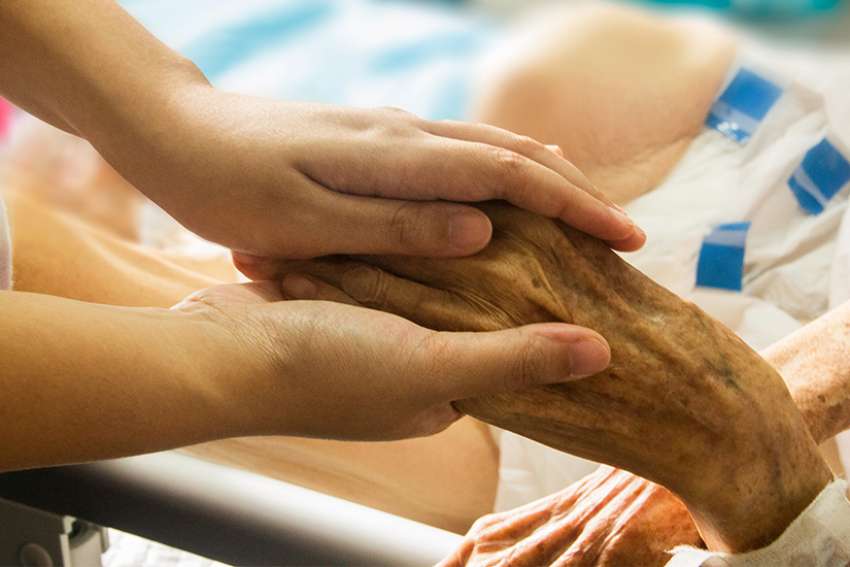The Our Care, Our Choice Act was signed into law in April 2018, and took effect Jan. 1.
“A minority of physicians feel prepared to actually participate in terms of writing a prescription," Dr. Daniel Fischberg, medical director of the The Queen's Medical Center palliative care department told the AP.
According to the Honolulu Star-Advertiser, The Queen's Medical Center and Hawaii Pacific Health have both said their pharmacies will not fill prescriptions for assisted suicide, and patients may not administer the medication at their locations.
CVS has said that their pharmacists can choose whether to fill prescriptions for assisted suicide drugs.
The law allows a terminally ill adult Hawaii resident to receive a prescription for a lethal medication if two doctors find that the person has fewer than six months to live and is mentally competent. The patient must undergo a mental health evaluation to determine that they are not “suffering from conditions that may interfere with decision-making, such as a lack of treatment of depression,” according to the AP.
The patient must make two requests for the life-ending medication, with a 20-day waiting period between requests, and sign a written request witnessed by two people, one of whom cannot be related to the patient.
A doctor may dispense the medication, but it must be self-administered.
The law includes criminal penalties for tampering with a request for lethal medication or coercing such a prescription.
Health care providers and facilities are free not to cooperate with assisted suicide under the law.
The Hawaii health department expects 40-70 requests for assisted suicide in 2019.
While the Our Care, Our Choice Act was being considered, Bishop Larry Silva of Honolulu wrote that his wonder at the bill “is compounded when I think of how, until now, we have prided ourselves on helping people not take their own lives. We have suicide prevention programs and hotlines, and have always considered suicide a tragedy that wreaks havoc on so many survivors who feel grief and frustration that they were not able to prevent this 'autonomous' decision from being made.”
Bishop Silva pointed out that under the law, the death certificate of one who commits assisted suicide will list as the immediate cause of death their terminal disease.
“In other words, it will lie about the real immediate cause of death, which is freely and deliberately ingesting a poison into one’s system,” he wrote. “If we call it another name besides suicide, then it may become respectable. Under no circumstances should we call it what it is, since certain insurance benefits may not be available to one’s estate if one commits suicide. So let’s also lie to the insurance company by calling it 'death with dignity' or some other title that will make it sound more respectable.”
In addition to Hawaii, assisted suicide is legal by law in the District of Columbia, Washington, Oregon, California, Vermont, and Colorado; and in Montana through a state supreme court ruling.
Support The Catholic Register
Unlike many other news websites, The Catholic Register has never charged readers for access to the news and information on our site. We want to keep our award-winning journalism as widely available as possible. But we need your help.
For more than 125 years, The Register has been a trusted source of faith based journalism. By making even a small donation you help ensure our future as an important voice in the Catholic Church. If you support the mission of Catholic journalism, please donate today. Thank you.


